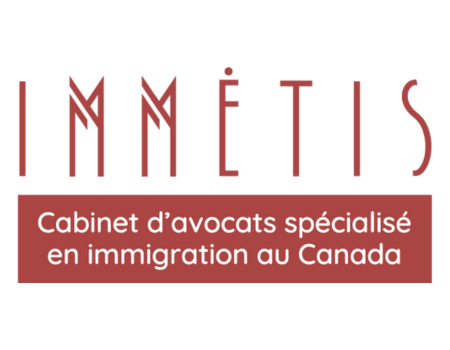Processing times for LMIA applications range from 7 to 54 days, depending on the stream chosen. As of 2024, the cost of an LMIA application is $1,000, payable by the employer. In Quebec, additional fees of $444 are required to apply for a CAQ.
Different LMIA Streams
There are various LMIA streams depending on the type of position to be filled, each with its own criteria and specifics.
Before choosing the applicable LMIA stream, it is necessary to determine whether the position falls into the high-wage or low-wage category. This is done by comparing the wage offered to the foreign national with the provincial or territorial median wage. For example, in Quebec in 2024, a high wage is set at $27.47 per hour or more. Wages below this amount are considered “low wages”.
Accurately identifying the LMIA category is crucial, as the employer’s obligations and eligibility criteria differ depending on the chosen stream (with some exceptions).
Additionally, the low-wage LMIA program includes the following extra criteria:
- A limit on the number of low-wage workers an employer can hire (generally 20% of the total number of workers in low-wage positions at a given location).
- The employer must cover the round-trip travel expenses of Temporary Foreign Work-ers (TFWs).
- The employer must provide or ensure the availability of suitable and affordable hous-ing for TFWs.
The regular LMIA process
If the application does not fall into any other category, it will be submitted through the regular LMIA application process. This process requires the job to be advertised for at least 30 days through at least three different methods to demonstrate that the employer has provided Ca-nadian workers the opportunity to apply before hiring a foreign worker. The job conditions (employer name, workplace location, job title, duties, salary, requirements, training, experi-ence, etc.) must be clearly posted, along with contact information for applying.
However, due to the labor shortage, certain occupations are exempt from the recruitment efforts demonstration requirements until 2025, such as:
- Cashiers
- Store shelf stockers, clerks and order fillers
- Light duty cleaners
Some examples of positions that still require job posting include:
- Retail and wholesale trade managers
- Retail sales supervisors
- Quebec’s Simplified Process
Quebec has significant autonomy in selecting its immigrants and has specific programs to meet its labor needs. The simplified process in Quebec allows employers to recruit without proving that they could not find a Canadian worker for the position through the job posting process.
This simplified process currently covers over 200 professions, significantly facilitating interna-tional recruitment.
Examples of positions identified on Quebec’s simplified process list include:
- Retail and wholesale buyers
- Technical sales specialists – wholesale trade
- Retail salespersons and visual merchandisers





